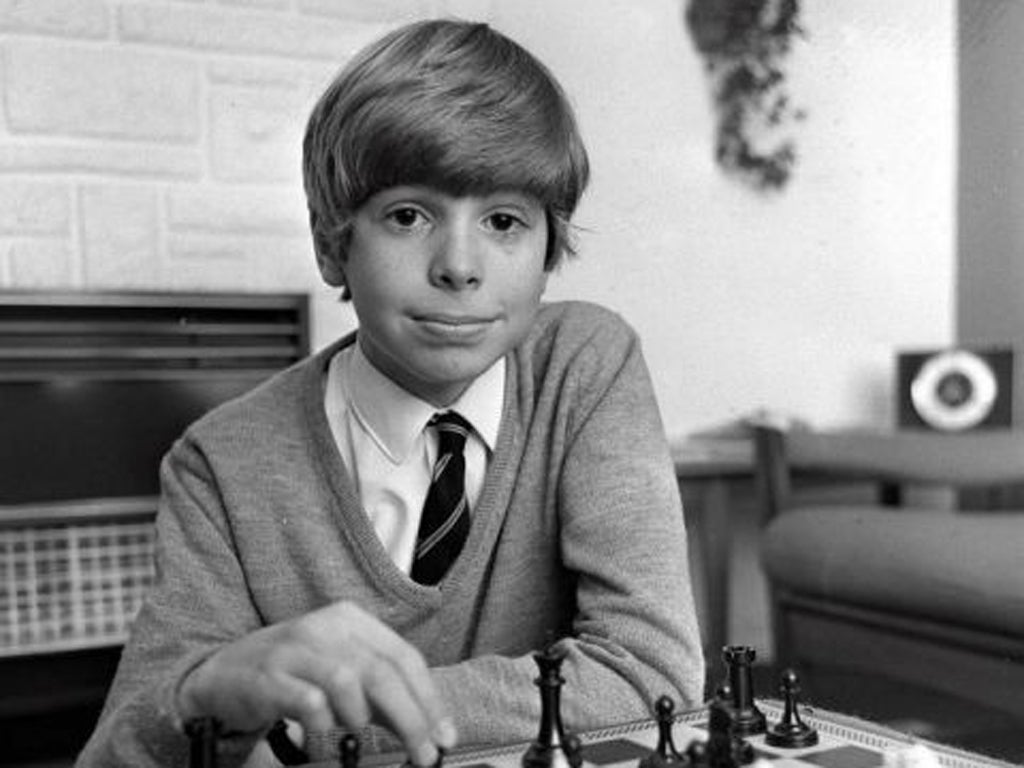56 Up, ITV1, Monday The Hoarder Next Door, Channel 4, Thursday
The 'Up' subjects are now deep into middle age, but are still an uncomfortably fascinating watch

Reading the TV schedule is like gazing into space: you pick out the familiar blobs and pass over a lot of unknown emptiness. Occasionally, a comet leaps out and surprises you, like The Killing. And then there's Up, a TV asteroid, which comes round every seven years.
Starting in 1964, back then it was just a one-off documentary, interviewing 14 seven-year-olds with the aim of showing how entrenched Britain's class system was. A few years later, two researchers wondered what had become of them, and they've been going back to them every seven years since. What, is it time already? Frightening.
Up is about the most literal way to hold a mirror to mankind. Because we're not just looking at their lives, but at our own, as they pass through the well-trodden paths of school, work, marriage, divorce ...
This is TV as sociology, created at a time when producers wanted to make grand-standing statements about society, and Granada was as radical as the BBC was stuffy. Watching in 2012, it rather sticks out of ITV's schedule to remind us of that channel's mould-breaking past.
And, judging by the latest round, the participants have lost their edge. They're 56, contented, and just a teeny bit dull. Sue is happily divorced with kids, and loves her job as a university administrator. Peter is back, a small coup for Michael Apted, the show's 71-year-old maker. Peter dropped out after 28, having been savaged by the red-top press for knocking Margaret Thatcher (one for Lord Justice Leveson?), and he's come back to plug his folk group. Fair enough, but it doesn't make for thrilling TV. Luckily, Apted threw Neil into the mix.
He once described Neil as the series's emotional core. I was watching with a 56-year-old devotee: all he wanted to know was what became of Neil. Starting out as a bright and bubbly kid, by 21, Neil was homeless and struggling with mental health issues. By 35, he was in a council house on Shetland. Then he entered local politics, and today we find him as a Lib Dem councillor in Cumbria.
According to Apted, Neil has never seen the programme. There's an other-worldliness about him, as if he were a fictional character, not a real, fragile man living just off the M6. And as we watch him talk so candidly about feeling suicidal, and about his inability to sustain a long-term relationship, you experience all the wows and guilt of the best voyeuristic TV. Like war reporters who witness famines then go back to the Hilton, you sit, horrified but powerless to act. Then you flick over to watch Newsnight. Up reminds us how good television can be, but also how merciless.
Then there's telly as therapy. Watching The Hoarder Next Door, it was such a relief to learn that my bedroom mountains of yellowing newspapers are nothing to worry about. It's all about context. Because at least I don't stash cigarette butts and eight-year-old bus tickets, like Helen and her son Jack, who we find living in squalor in their flat in Somerset. In comes Stelios, the smoothy-chops psychotherapist, who tells them they're burying not just the carpets but painful memories, and over six weeks oversees a decluttering programme.
Apparently hoarding is on the up. It certainly is if the schedule is anything to go by: only last December Channel 4 gave us Obsessive Compulsive Hoarder, and BBC1 is currently showing Britain's Biggest Hoarders.

Watch Apple TV+ free for 7 days
New subscribers only. £8.99/mo. after free trial. Plan auto-renews until cancelled

Watch Apple TV+ free for 7 days
New subscribers only. £8.99/mo. after free trial. Plan auto-renews until cancelled
But then, it's the ideal documentary arc: start with a gross-out problem, get an expert to tell us the filth is masking a psychological problem, then unpick it all and end up leaving everyone tickety-boo in their new trouble-free lives. This episode was almost suspiciously good: underneath all those bus tickets, 17-year-old Jack unearths a diary written by his father as he was dying of cancer, and an album of his parents' wedding day, both unseen since he died. Watching other people tackle their filth is part porn and part therapy – unseemly but very helpful, in that mirror-holding way. It certainly beats tackling those piles of newspapers.
Subscribe to Independent Premium to bookmark this article
Want to bookmark your favourite articles and stories to read or reference later? Start your Independent Premium subscription today.

Join our commenting forum
Join thought-provoking conversations, follow other Independent readers and see their replies